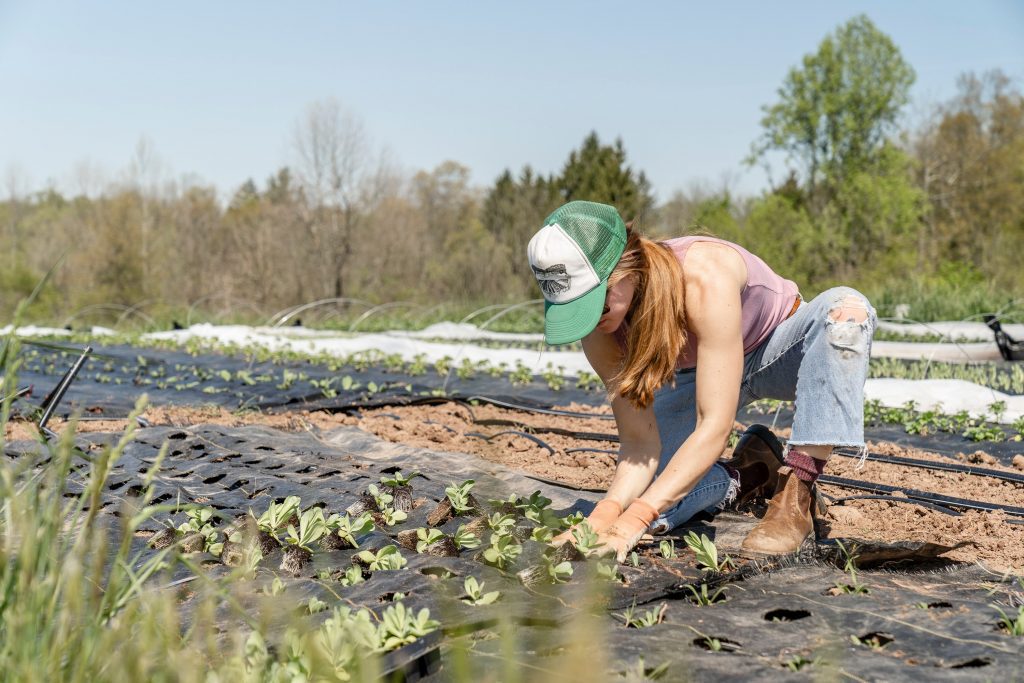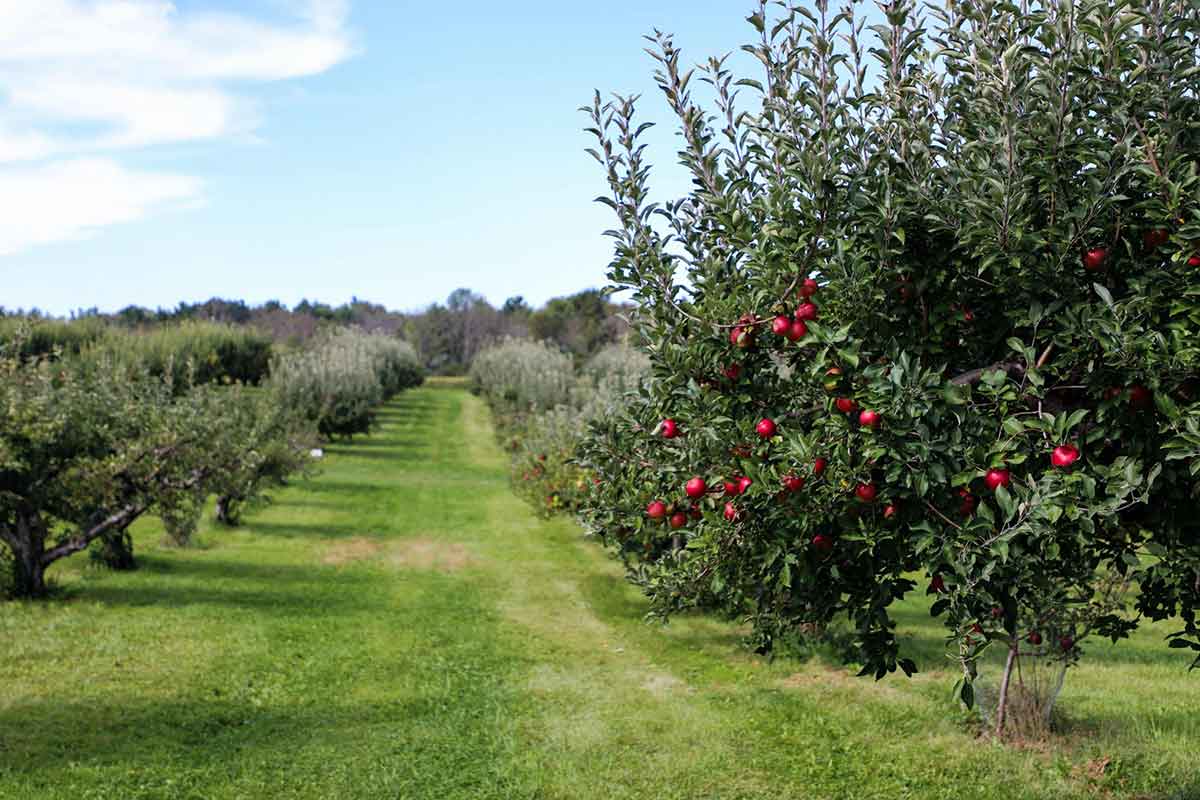UK farming is facing several challenges in 2021, including COVID-19, Brexit and climate change. So, the agricultural industry must look ahead to anticipate and mitigate future disruptions to supply chains and national food security.
Fostering the next generation of farming professionals plays a huge part in this. And although farming has been a traditionally male-dominated industry, more women than ever are stepping into new and existing roles to shape the future of agriculture in Britain and beyond.
Breaking into the boys’ club
Historically, women have held background roles within UK farming, such as managing households and supporting administrative roles. The conventionally manual nature of farm work was deemed too labour intensive to be suitable for women — despite the many thousands of women who worked as ‘Land Girls’ during both world wars.
But globally, women have been working in farming for centuries — and even make up the majority of the agricultural labour force in developing countries. However, ingrained misogyny and outdated land laws have prevented women from becoming leading figures within the industry.
Fortunately, this has changed here in the UK. More women are expressing interest in taking over the management of generationally owned farms, and more women are being granted positions of influence. For example, Minette Batters became the first woman to hold office in the National Farmers Union’s 110-year history.
As attitudes towards women in farming change, we take steps closer to closing pre-existing gender gaps within the industry. In recent years, 25% more women than men have enrolled in higher education agricultural courses, and the number of active female farmers has increased by around 7% in the past decade.
Diversifying the future of farming
Like any other industry, food and farming sectors invest in new skills, talent and methods to keep pace with changing demand and design more environmentally conscious practices.
And as the industry embraces technological developments to improve production and sustainability, modern farming doesn’t rely so much on physically demanding labour. From programming GPS-driven tractors to operating drones and carrying out scientific research, there’s far more variety in the roles available to young women embarking on a career within farming.
Appreciation for farming also grew during the pandemic, as more and more people turned to their local farms for supplies when panic buying and supply chain issues left supermarket shelves bare. In fact, three million Brits bought directly from farms for the first time, only two months into lockdown.
That being said, there’s no better time for the farming industry to welcome diversity and encourage the next generation of agricultural professionals — both male and female — to pursue a career in the field and reinforce the future of farming.
We supply high-quality equipment for gardens and smallholdings. Browse our range of products and don’t hesitate to get in touch to discuss the best choice for your needs.








